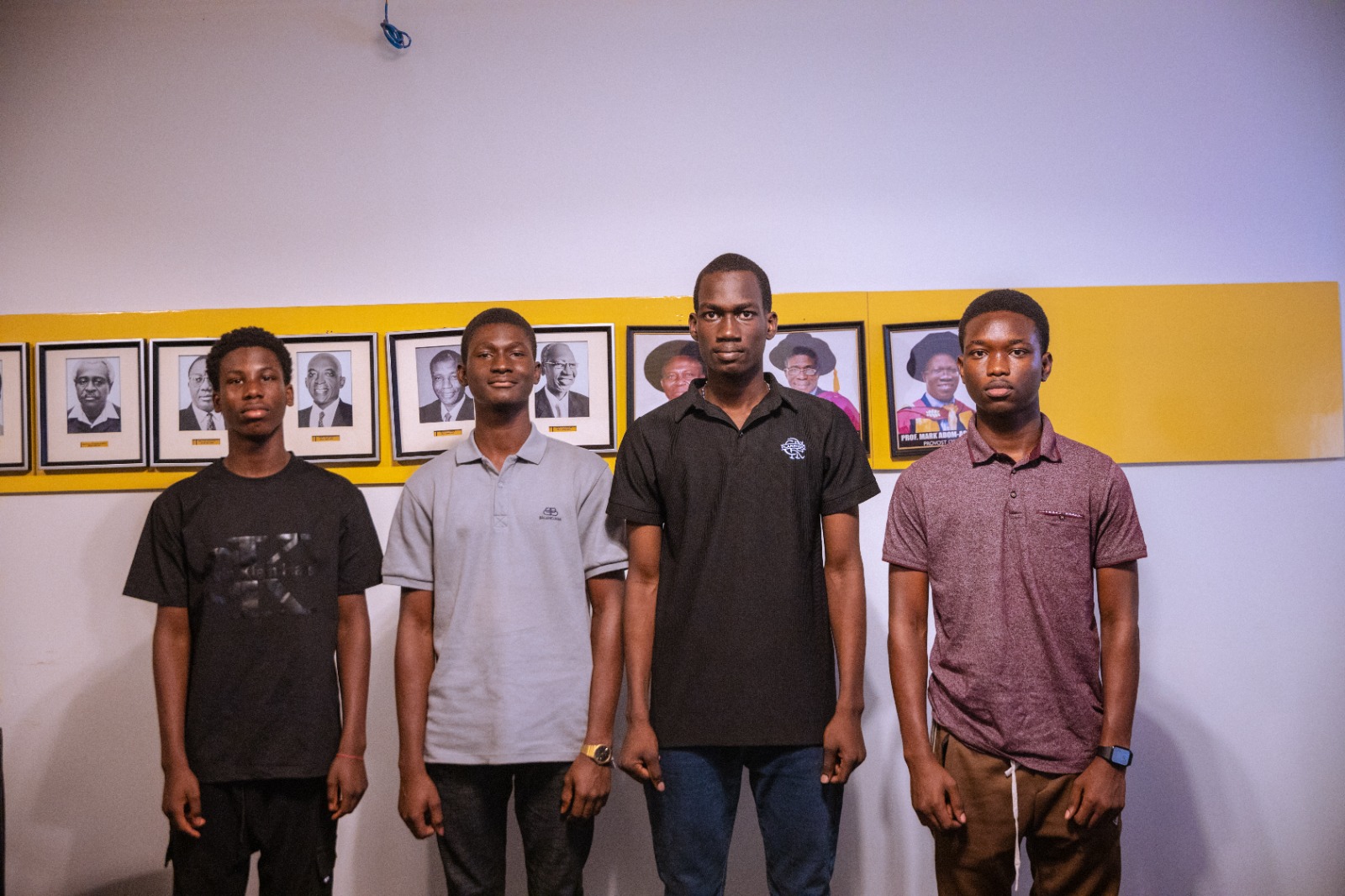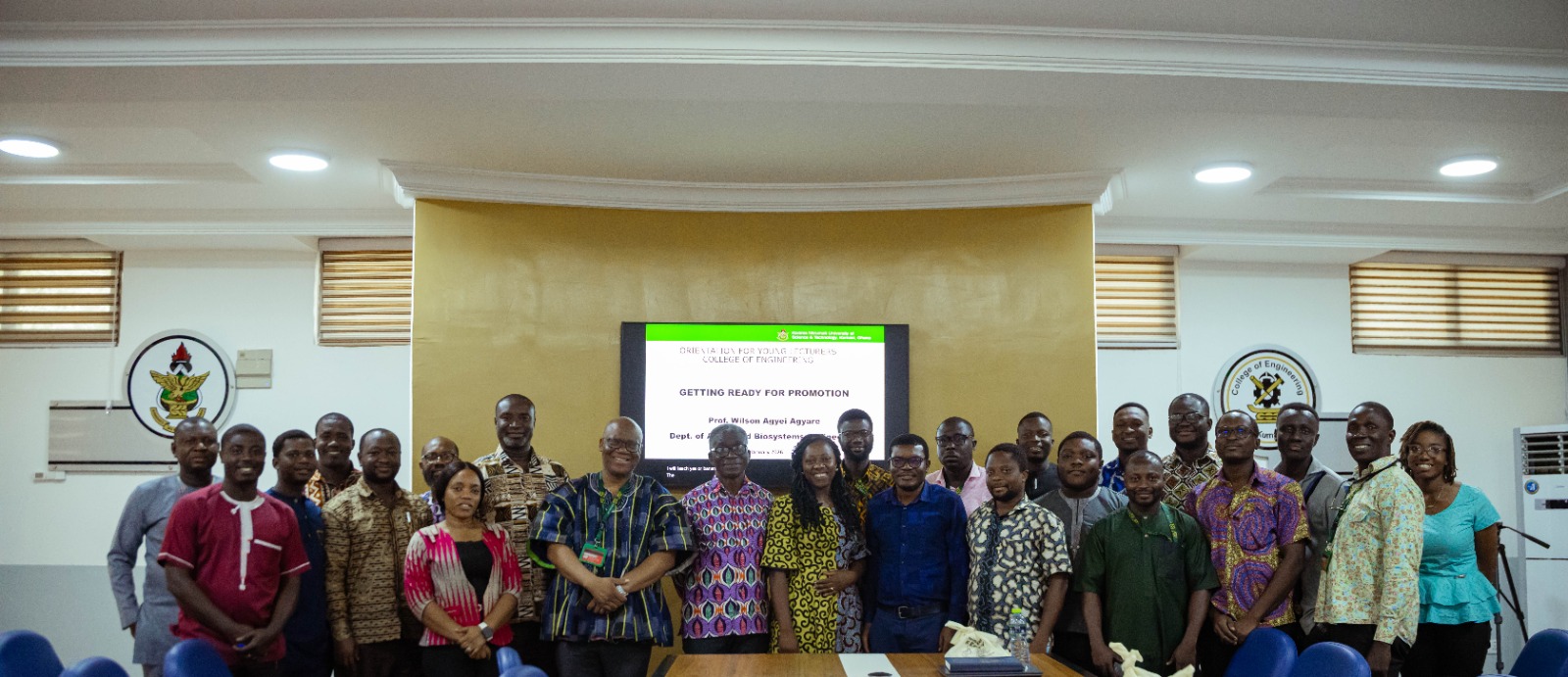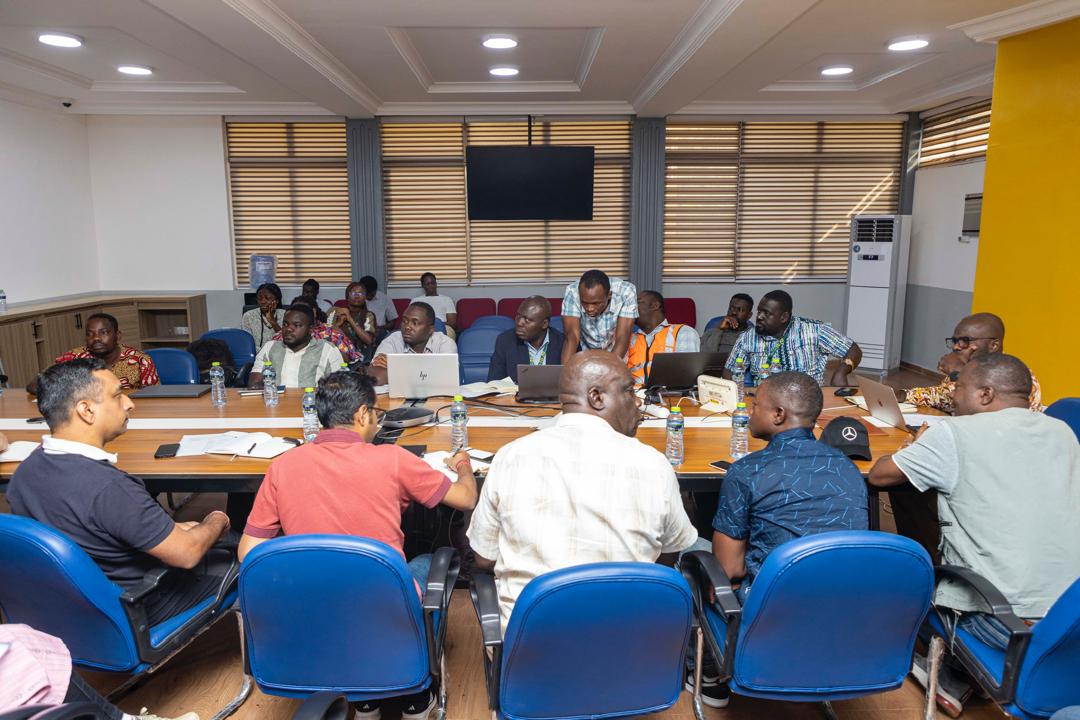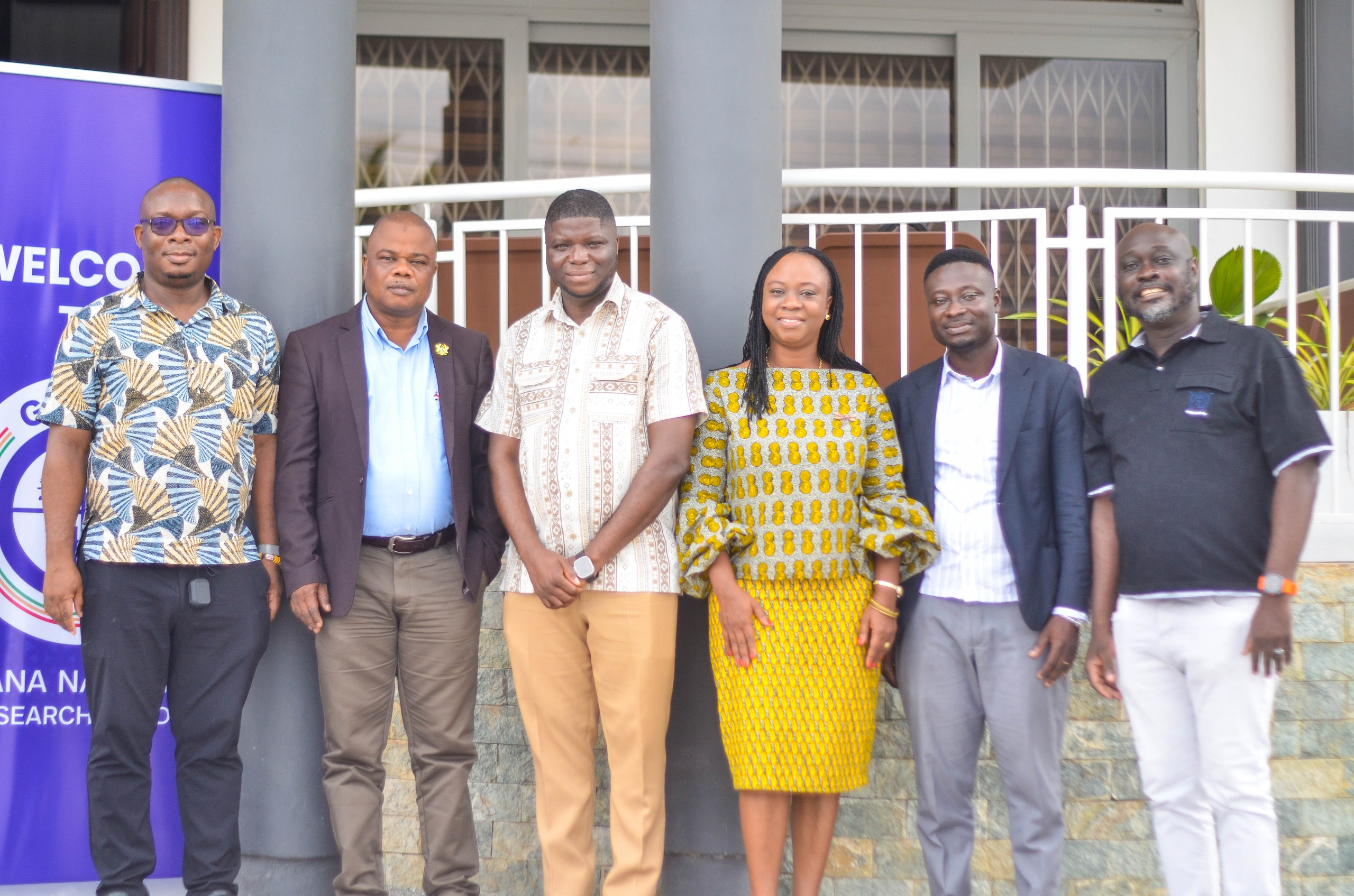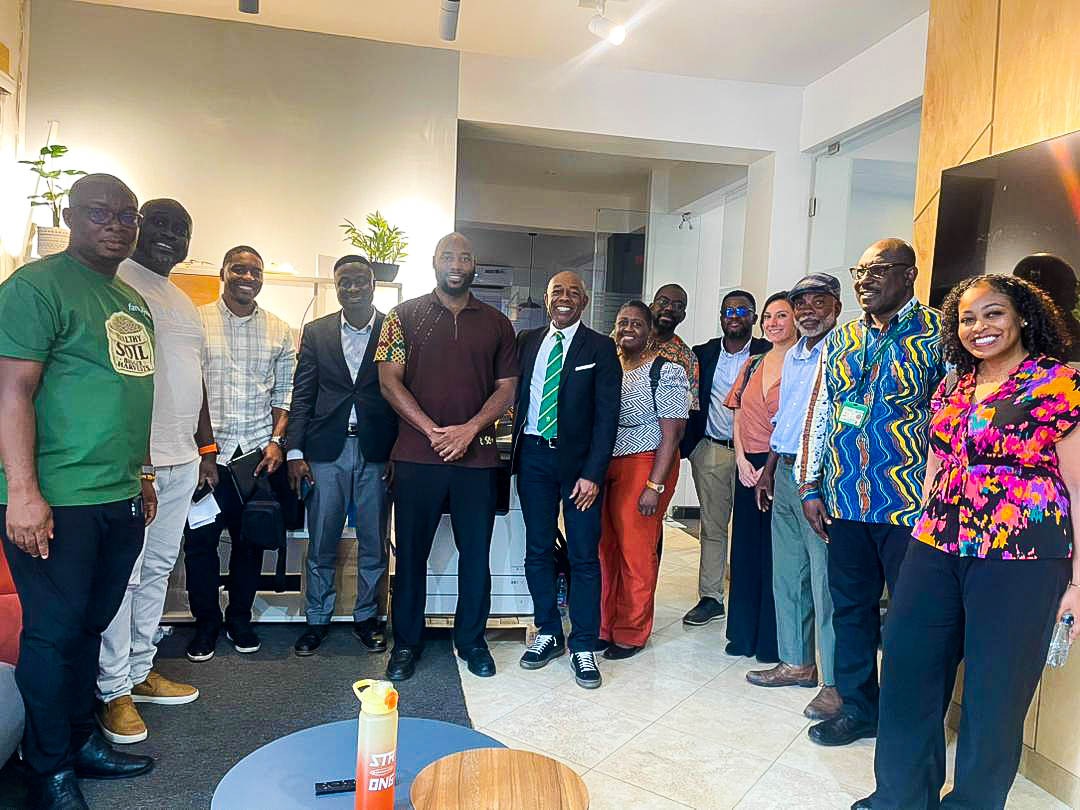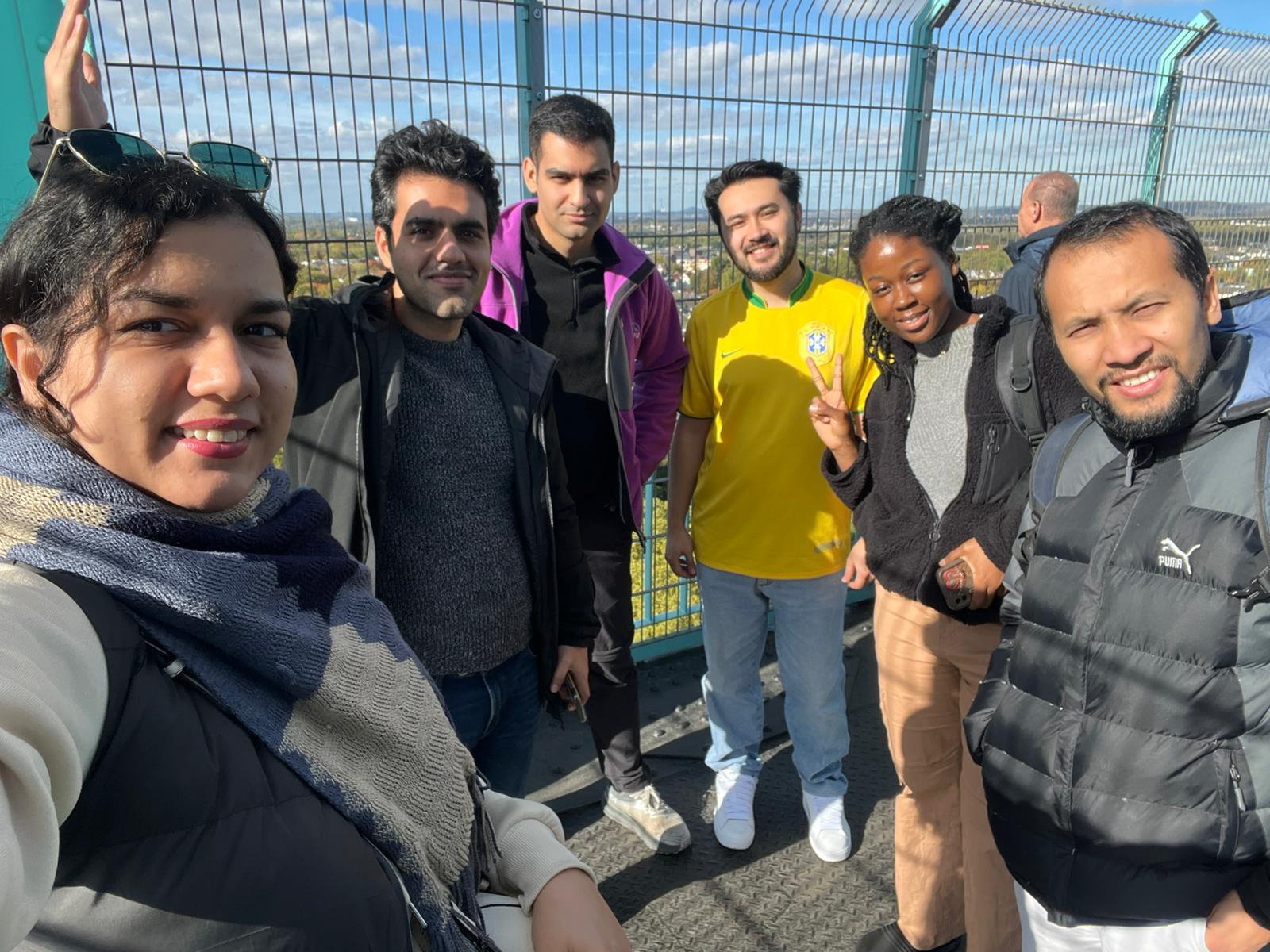Interviewer: Please introduce yourself and tell us about your program of study in the College of Engineering.
Reuben: My name is Reuben Kobina Pra-Obeng, and I am currently serving as the President of the Ghana Engineering Students Association (GESA) at the Kwame Nkrumah University of
Science and Technology (KNUST). I am pursuing a program in Electrical
Engineering in the College of Engineering. This field of study encompasses various
fascinating subjects, including power systems, electronics, control systems, and
telecommunications. It's an exciting and dynamic field crucial to shaping the
modern world.
Interviewer: What initially drew you to this field of study, and how has your academic journey evolved since you started studying in this College?
Reuben: My journey towards Electrical Engineering began at St. Augustine's College in Cape Coast. From a young age, I was fascinated by the power of electricity and its impact on technology. This curiosity and my love for problem-solving and innovation set me on the path to pursue Electrical Engineering.
Now, as a student at the College of Engineering in KNUST, my academic adventure has been nothing short of transformational. The challenging curriculum has pushed me to think critically, explore complex concepts, and build a strong foundation in electrical engineering principles. I've deepened my knowledge and gained practical skills through dynamic lectures, hands-on projects, and collaborative discussions.
The supportive environment at the College of Engineering has played a crucial role in my growth. The experienced faculty have been mentors, guiding and inspiring me to excel in the field. They've encouraged me to think outside the box and explore new horizons in Electrical Engineering. The emphasis on real-world applications has allowed me to turn theory into tangible solutions, fueling my passion even more.
Interviewer: As a third-year student, you've had the opportunity to explore your program in depth. Can you share some highlights or key insights you've gained from your coursework and studies?
Reuben: One of the highlights of my academic journey has been the opportunity to delve into advanced topics within electrical engineering. Courses such as Power Systems Analysis, Communication, and Control Systems have given me a deeper understanding of the intricacies of electrical systems and their applications.
Moreover, I've had the privilege of working on various hands-on projects individually and in teams. These projects have allowed me to apply theoretical knowledge to real-world scenarios, enhancing my problem-solving and practical skills. They've also taught me the importance of collaboration, adaptability, and perseverance in overcoming challenges.
Interviewer: What have been some of the most memorable moments or experiences you've had in this College so far?
I've had numerous memorable moments and experiences in the College. One that stands out is organising the annual Engineering Week, an event that brings together students from different engineering disciplines to showcase their innovative projects and engage in friendly competitions. Witnessing the enthusiasm and creativity of my peers during this event was truly inspiring and reinforced my belief in the power of engineering to impact society positively.
These experiences have enhanced my technical knowledge, fostered a global perspective, and nurtured lifelong friendships.
Interviewer: Balancing academics, extracurricular activities, and personal life can be challenging. How do you manage your time effectively and maintain a healthy work-life balance?
Reuben: Balancing multiple responsibilities is challenging, but it's all about effective time management and setting priorities. As GESA KNUST President, I've learned to delegate tasks and work collaboratively with my team to ensure the smooth functioning of the organisation. This enables me to allocate time for my studies while actively participating in extracurricular activities.
I believe in the importance of self-care and relaxation to maintain a healthy work-life balance. I schedule regular breaks, enjoy hobbies, and spend quality time with family and friends. By managing my time efficiently and prioritising my commitments, I can accomplish my academic goals while nurturing my well-being.
Interviewer: Many students choose to get involved in campus organisations or clubs. Could you tell us about any extracurricular activities you're passionate about and how they've enriched your university experience?
Reuben: Absolutely! In addition to my role as GESA KNUST President, I am actively involved in various extracurricular activities. One of my passions lies in community outreach and mentoring. I have been a member of the Engineering Student Mentorship Program, where I have guided and supported incoming engineering students in their academic and personal journeys. This experience has allowed me to give back to the community and enhanced my leadership and interpersonal skills.
Interviewer: Have you had the chance to participate in internships, research projects, or study abroad programs during your university years? If so, how have these experiences contributed to your personal and professional growth?
Reuben: I have been fortunate to participate in internships and research projects during my university years. These experiences have been invaluable in shaping my personal and professional growth.
During my second year, I had the opportunity to complete an internship at OLAM Ghana, specifically at their Tomato Paste Factory. This internship provided me with hands-on experience in the food processing industry. It allowed me to apply the theoretical knowledge I gained in the classroom to real-world projects related to tomato paste production. I worked closely with the production team, learning about the manufacturing processes, quality control measures, and the importance of maintaining food safety standards.
I have also had the privilege of interning at VALCO Ghana, a prominent aluminium smelting company. This experience exposed me to industrial engineering and gave me insights into the complex operations of aluminium production. I worked on projects related to process optimisation, efficiency improvement, and quality assurance. Collaborating with professionals in the industry and being part of a large-scale manufacturing environment further enhanced my understanding of engineering principles in practice.
Both internships have significantly contributed to my personal and professional growth. They have provided me with a practical understanding of the challenges and intricacies of industrial operations, honed my problem-solving skills, and deepened my knowledge of specific industry sectors. These experiences have also allowed me to build a valuable network of industry professionals and gain exposure to potential manufacturing and industrial engineering career paths.
While I haven't participated in a study abroad program, I actively engage with international conferences and research publications to stay connected with the global engineering community.
Overall, these experiences have complemented my academic journey and provided me with a holistic understanding of the practical applications of electrical engineering. They have equipped me with valuable skills, expanded my network, and prepared me for future professional endeavours.
Interviewer: What key skills or knowledge you've gained from your education in this College that you believe will be valuable in your future career?
Reuben: Studying at the College of Engineering, KNUST, has equipped me with diverse skills and knowledge that will be invaluable in my future career. Some of the essential skills I've gained include:
-
- Technical expertise: Through rigorous coursework and practical projects, I've developed a strong foundation in electrical engineering principles, including power systems, electronics, and control systems. This technical expertise will enable me to tackle complex engineering challenges and contribute effectively to projects in my future career.
-
- Problem-solving abilities: Engineering education emphasises analytical thinking and problem-solving skills. I've learned to approach problems systematically, break them into manageable components, and develop innovative solutions. This skill will be crucial in tackling real-world engineering problems and driving continuous improvement.
-
- Collaboration and teamwork: Engineering projects often require collaboration and teamwork. Throughout my studies, I've had numerous opportunities to work in teams within and outside the classroom. These experiences have enhanced my ability to work effectively with diverse groups, communicate ideas clearly, and leverage team members' strengths to achieve common goals.
-
- Adaptability and resilience: Engineering is rapidly evolving, and adapting to change is essential. My education has taught me to be flexible, open to new ideas, and quickly learn and adapt to emerging technologies and industry trends. Additionally, I've developed resilience through overcoming challenges and setbacks, which will be invaluable in navigating the complexities of a professional engineering career.
Interviewer: Reflecting on your time in this College, are there any challenges you've faced, and how have you overcome them?
Reuben: While in the College of Engineering, I have faced several challenges that have tested my resilience and determination. One significant challenge was managing a demanding academic workload while simultaneously fulfilling my responsibilities as GESA KNUST President. Balancing these commitments required careful time management, effective delegation, and realistic expectations for myself and others. Through effective communication and seeking support from my team and mentors, I overcame these challenges and ensured the successful execution of my duties.
Another challenge I encountered was adapting to the rapidly changing technological landscape in electrical engineering. To address this, I proactively sought opportunities to stay updated with the latest advancements through participation in conferences, workshops, and online courses. I also embraced a growth mindset, viewing challenges as learning and personal development opportunities.
These challenges have taught me valuable lessons in perseverance, adaptability, and effective time management, which will be instrumental in my future.
Interviewer: What advice would you offer first-year students beginning their university journey?
Reuben: To first-year students embarking on their university journey, I would offer the following advice:
-
- Embrace the learning process: University is a time of intellectual growth and personal development. Embrace the opportunity to explore new subjects, challenge yourself, and expand your horizons. Be open to diverse perspectives and approaches to learning.
-
- Take advantage of resources and support: Universities offer many resources, including libraries, research facilities, career services, and student organisations. Take advantage of these resources to enhance your academic experience, develop new skills, and build a strong support network.
-
- Manage your time effectively: University life can be demanding, with multiple obligations competing for your attention. Develop good time management skills to balance academics, extracurricular activities, and personal life. Prioritise tasks, create a schedule and allocate time for self-care and relaxation.
-
- Seek mentorship and guidance: Reach out to faculty members, seniors, and professionals in your field of interest. They can provide valuable guidance, mentorship, and insights into career paths. Networking and building relationship




